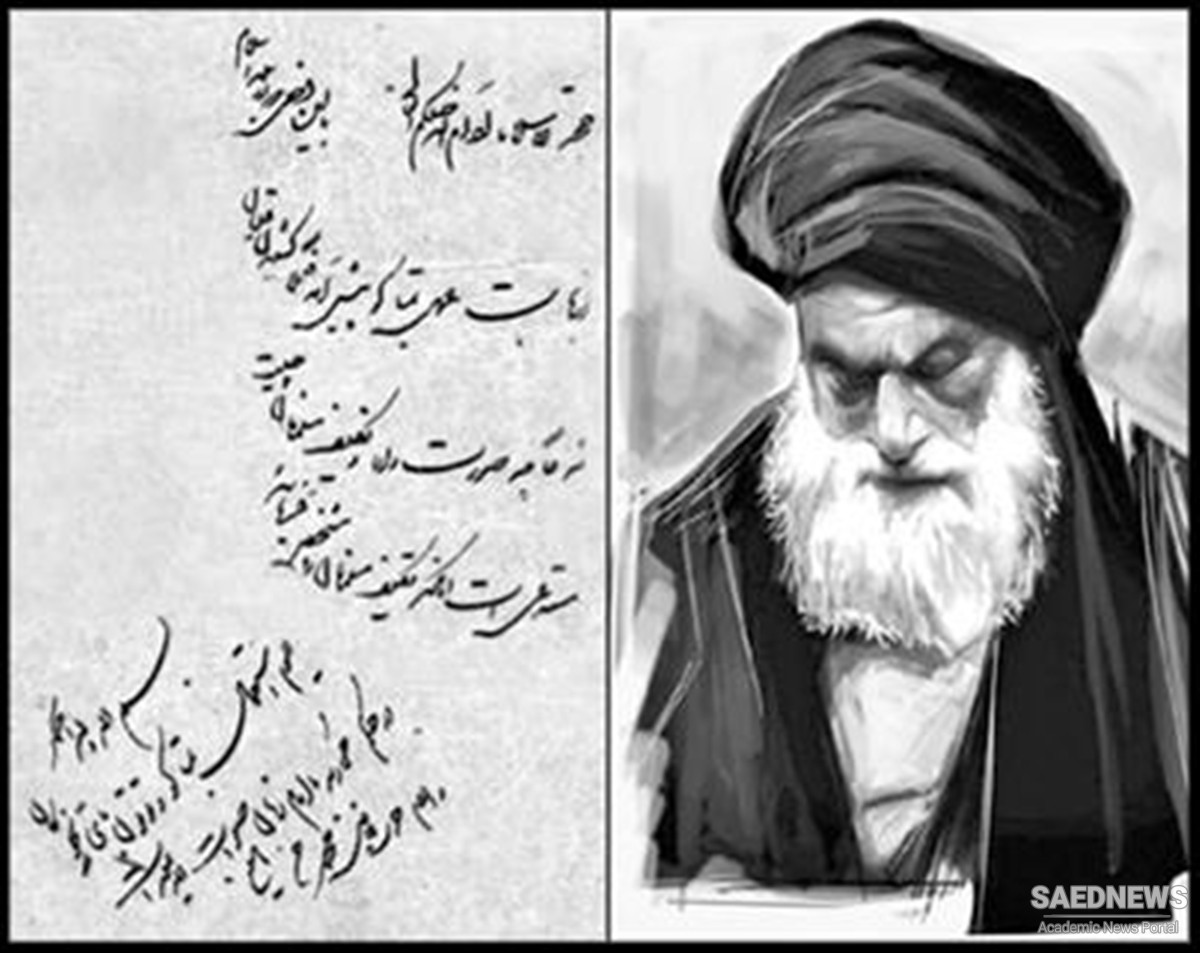Even the long-suffering Persians had grown tired of this wholesale selling of their rights and industries, and in December, 1891, as a result of a religious decree, all the tobacco-shops closed their doors, the people destroyed or put away their waterpipes, and in a marvelously short time the use of tobacco prac tically ceased. This agitation did not stop until the Shah had been forced to rescind the Concession, after agreeing to pay the British, corporation an indemnity of 500,000, which was bor rowed by the Persian Government at 6%, thus arbitrarily fasten ing upon the people an annual interest charge of 30,000, for whch they received no tangible return. Nasiru'd-Din Shah, who had ascended the throne on September 20, 1848, was shot on May 1, 1896, after nearly fifty years of power. His assassin was a fanatic named Mirza Muhammad Riza, of the city of Kirman, and the motive, though never clearly established, was not unconnected with the general belief that the rights of Persia were being rapidly sold out to for eigners.The Crown Prince, Muzaffaru'd-Din Shah Qajar, was made Shak on June 8, 1896, and reigned until January 4, 1907, when he died. Some six months before his death the Persian people, whose discontent with the tyranny o their rulers had been con stantly increasing, commenced an open agitation for the grant ing of a constitution, and in July, 1906, by a measure which was as remarkable as it was successful, they brought about this result.Some 16,000 people of Teheran, from all walks in life, after being exhorted by the Mullahs or priests, took refuge or sanctu ary bast it is called in Persia in the vast compound of the British Legation, and in the mosques and other sacred places. The crowds gathered there in the utmost good order ; they estab lished their commissariat and sanitary arrangements, and by these purely passive measures succeeded in compelling the Shah to dismiss an obnoxious minister, the Aynu'd-Dawla, and to grant them a code of laws or constitution. After various attempts to break up this peculiar form of resistance, the Shah and his government were compelled to yield, partly through the strange humiliation which the adoption of this course by the people conveys to the minds of the Persian governing class against whom it may be directed, and partly through fear of further and more active measures of opposition. On August 5, 1906, the so-called constitution was granted and the people resumed their homes and ordinary avocations (Source: The Strangling of Persia).


 Constitutionalism and Constitutional Movement: Beginning of Modern History of Persia
Constitutionalism and Constitutional Movement: Beginning of Modern History of Persia














































